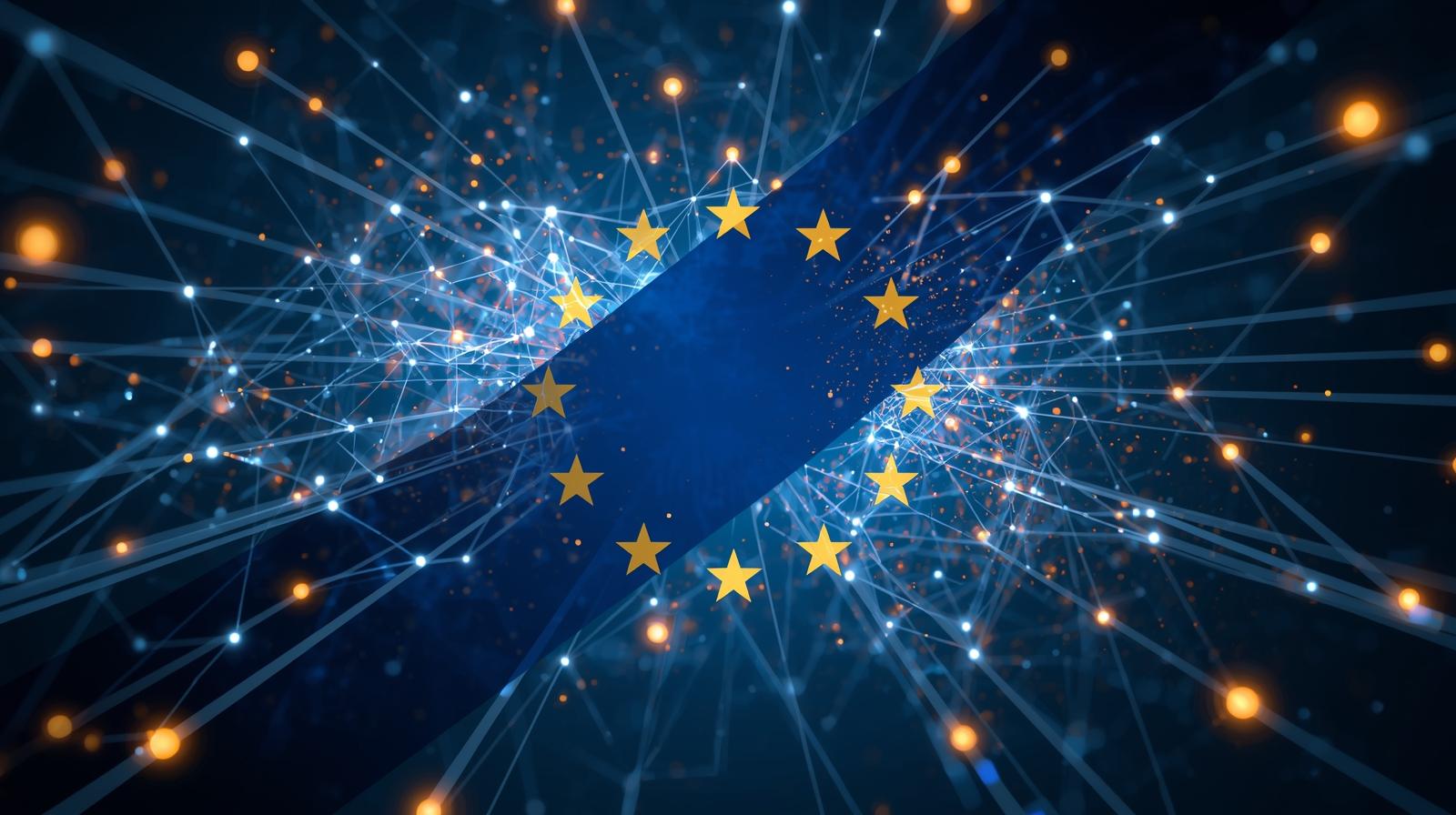By Pascal Lamy, Vice-President Fondation Jacques Delors-Friends of Europe, and Christophe Leclercq, Founder of Euractiv and Europe MediaLab
“To take control of its own destiny, Europe must have its own information platforms.”
On 12 November, the European Commission will unveil its “Democracy Shield”, a framework designed to protect societies from disinformation and foreign interference. This agenda is essential: ensuring algorithmic transparency, supporting independent journalism, and promoting media literacy. The recent Digital Services Act (DSA) and Digital Markets Act (DMA) finally regulate the major platforms in terms of content and competition.
Yet all this remains defensive, while Europe continues to rely on American platforms. In a global information war, a shield alone is not enough. Europe also needs trusted champions of its own.
The Franco-German Ministerial Council in Toulon, followed by a Defence Council on the information war at the Élysée (October 2025), both underline the urgency of a strategic response. The Berlin Summit on 18 November, dedicated to digital sovereignty, presents a decisive opportunity: to include the creation of Trusted European Platforms (TEPs) — competitive, pluralistic and reliable European alternatives — on the political agenda.
Dependence has become a democratic vulnerability
Today, six American “gatekeepers” dominate online advertising, social media, and digital infrastructure. This economic dominance also translates into political power for the oligarchs who control it. Disinformation campaigns are multiplying, echo chambers are hardening, and social divides are deepening.
In the United States, such radical polarisation has fuelled extremism and weakened democracy. Europe faces similar risks, as recent elections have shown, with the 2029 European elections fast approaching. Without our own information channels, we risk losing our democracies.
Building rather than enduring
Europe has shown that it can act when strategic interests are at stake. Airbus rose to challenge Boeing; Galileo now complements GPS; Ariane and OneWeb stand alongside NASA and Starlink. In artificial intelligence, Mistral proves that a European path is possible.
Europe is also asserting sovereignty in physical infrastructure: defence, satellites, and data centres for the cloud. France has long argued for such industrial policies; the question now is whether it will do the same for information platforms.
This is not about banning foreign social media companies, but about giving credible European alternatives the chance to earn the public’s trust, sustain journalism, and attract advertising revenue.
Structuring a European ecosystem
Three mutually reinforcing actions can accelerate this:
- Define a TEP label: Set transparent criteria on trust indicators, interoperability, and European anchorage, awarded by independent experts.
- Mobilise investment and talent: Attract venture capital by highlighting the vast potential market and recruit experts disillusioned with US platforms.
- Encourage alliances: European media and advertisers should join forces to reach critical mass and build sustainable audiences.
A political decision for now
The social media market is vast, profitable, and currently oligopolistic. Heavy subsidies or long waits are unnecessary — competition will emerge, but Europe needs to ensure that its own players can thrive. What is missing is a catalyst, a political impulse. We therefore call for TEPs to be placed firmly on the agenda of the Berlin Summit, following the launch of the Democracy Shield.
At a time when our pluralistic democracies are under attack, regulation alone is not enough. It must be accompanied by innovation and by the creation of trusted European platforms in an open and democratic market.
Co-signatories:
- Pascal Lamy, former Director-General of the WTO and EU Trade Commissioner, Vice-President of the Fondation Jacques Delors- Friends of Europe
- Christophe Leclercq, Founder of Euractiv and the think tank Europe MediaLab

